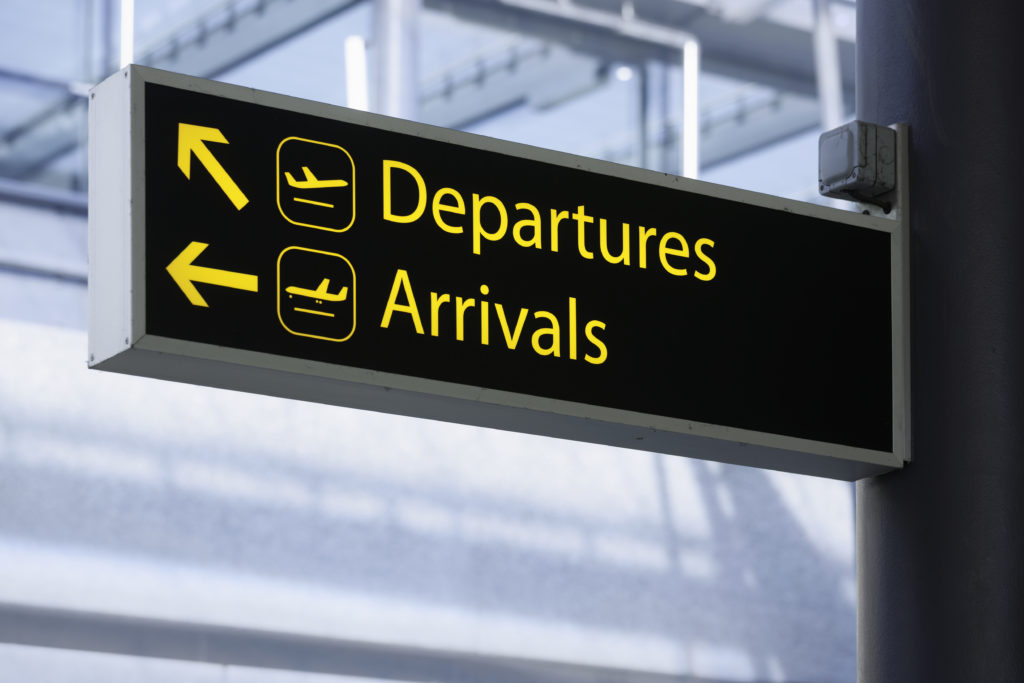Paula Keaveney

We are now closer to the next General election than the last one. No more looking back. We are on the way to polling day, which has to be in January 2025 at the latest.
The approaching date with destiny is focusing the minds of MPs. Do they want to return to the hustings again? Is this the time to call it a day?
For some MPs, the approaching General Election is a natural retirement point. Others face a real career dilemma, and with the Conservatives telling their MPs that 5th December is make your mind up time, we are starting to hear about plans.
What we hear tells us much about the current state of the parties, and state of politics.
Early among the announcements have been two from Conservative MPs deciding to leave. Chloe Smith, winner of a by election in Norwich in 2009 and former government minister is going. She is 40. William Wragg, MP for Hazel Grove and a Select Committee Chair is going. He is 34. In the old days these representatives would still be in the early stages of their Parliamentary careers. So why are they going?
Both have had health problems, but that has not been a bar to candidacy in the past. Patsy Calton, Liberal Democrat MP for Cheadle for example, fought and won an election while struggling with cancer.
So if not health, what?
When considering future candidacies, MPs have a lot to weigh up. Will the boundary changes due in 2023 make my seat less winnable? Am I likely to lose anyway? Are my opponents getting stronger? Do I have decent career prospects in Parliament?
The signal sent by younger MPs announcing departure is that their party’s prospects are poor. Poor prospects mean at the best a move to opposition, at the worst ignominious defeat. When those who are well able to start a new career outside Parliament decide to do so, the writing is on the wall.
Of course election as an MP does not force you to say in Parliament forever. Changing political prospects have caused some to decide to focus elsewhere. Andy Burnham, Steve Rotheram, Tracy Brabin and Sadiq Khan all decided to move from the Parliamentary Labour Party to a Mayoral role outside. Some have said that these elected mayors are able to achieve a lot more than an MP in an opposition party. And it can be quite a change. Burnham was twice a candidate for Labour leader. Rotheram had the safest Labour seat in the country. Sadiq Khan was in government under Gordon Brown.
What these Mayors have in common is a move from Parliament while in opposition. Even shadow spokespeople wield little power, and, as the Conservatives know from 1997, and Labour knows from 2010, opposition can be a very long stretch indeed.
So even if defeat can be avoided, opposition may be inevitable, with all the loss of influence that involves.
Wragg and Smith may have particular reasons to be disaffected. Rishi Sunak removed Smith from Government. Wragg has spoken openly about bullying and intimidation, but those optimistic about prospects can often shake off their qualms.
Media speculation has talked about many more departures. Rishi Sunak will be hoping that the few announced departures do not turn into a torrent. Between now and December 5th we will see.
Paula Keaveney is programme leader for Politics at Edge Hill University.
